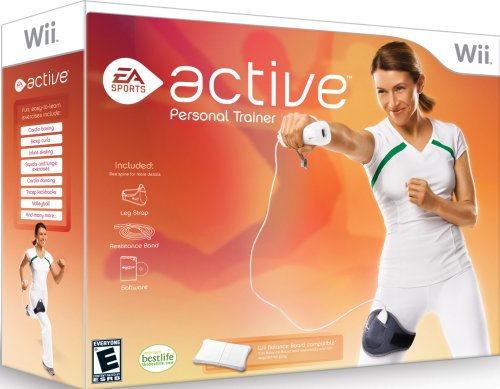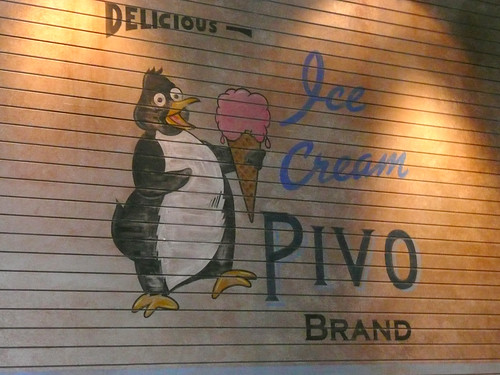Respect For Eating Decisions
Kathy Henderson at Rudd Sound Bites brought up a real concern with no answers:
Why is it that people are generally so much more respectful of parents’ food-related decisions due to allergies or religion, but not of these same decisions when framed as nutrition- or weight management-based? Is it the immediacy of an allergic reaction that drives the point home? The apparent severity? And why is religion a more respected explanation than general health? Perhaps it is the idea that one “violation†will have little impact on health, while we see violation of religious tradition as a bigger deal. On the other hand, there is no evidence that one cigarette will cause major health consequences, and most of us would be pretty upset if our children were offered one cigarette. The reality is that many more children are impacted by poor nutrition and weight problems than are affected by food allergies.
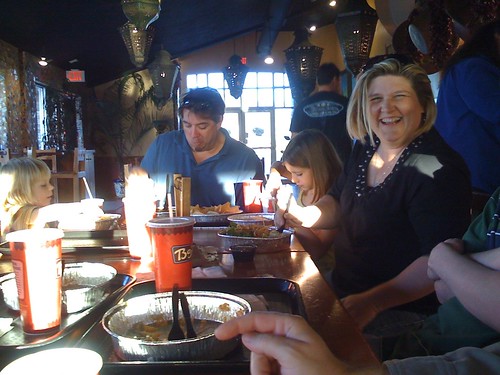 This reaction doesn’t just affect parents and children. When I had severe stomach problems, no one questioned when I said that I couldn’t eat something, especially when they saw (or smelled) me suffer through an episode. Now that my stomach problems have subsided, however, people are much less willing to let me say I don’t want to eat something. They say things like:
This reaction doesn’t just affect parents and children. When I had severe stomach problems, no one questioned when I said that I couldn’t eat something, especially when they saw (or smelled) me suffer through an episode. Now that my stomach problems have subsided, however, people are much less willing to let me say I don’t want to eat something. They say things like:
Come one, just a small slice.
You can have just one, right?
Oh? Are you dieting… AGAIN?
I almost want to make up fake allergies or stomach ailments just to escape from the talk. They are right, just one small slice of pie isn’t going to derail my weight, but it DOES derail my eating habits for a couple of days.
It all comes down to training those around us to respect our eating decisions. The oldest cliche about respect is:
If you want respect, you have to give it.
No matter who you encounter in your life, respect their eating decisions. If they are a raw food vegan, that choice is theirs to make. If they are a junk food junkie, that is also their choice. If you treat others the way you want to be treated, then they will have more respect for you. That includes keeping those barbs to yourself:
Don’t you think you’ve had enough?
I can’t believe you eat that crap.
You know that isn’t cheese, don’t you? It’s just orange-colored congealed fat.
When I eat healthy, I tend to get on my high horse about food and let loose comments like those. For every time I’ve insulted Mike’s nachos, I’ve attracted a “just one bite.” When I am able to keep my food judgment away from other people, they will keep their judgment away from me.
 Buy Walking Videos
Buy Walking Videos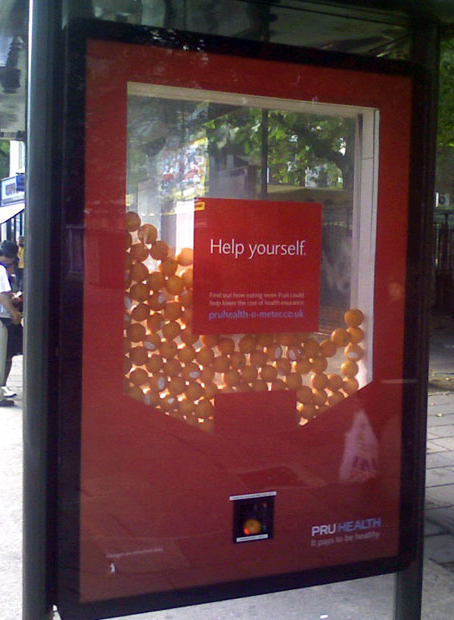
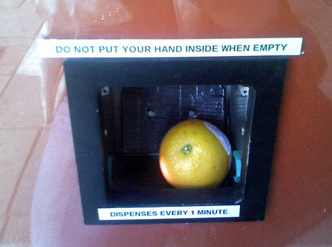
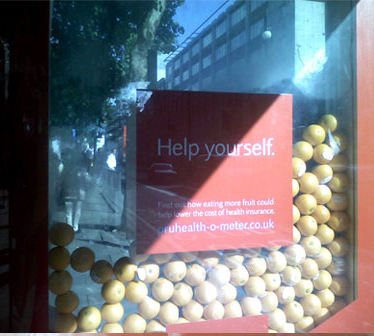
 Stuart and his wife took a ride through Death Valley from Furnace Creek to Badwater.
Stuart and his wife took a ride through Death Valley from Furnace Creek to Badwater. If you look at the iPhone app section on iTunes, you will find hundreds of fitness and health applications for your phone. Finding the good ones, however, can be a little difficult. A couple of weeks ago, I downloaded the
If you look at the iPhone app section on iTunes, you will find hundreds of fitness and health applications for your phone. Finding the good ones, however, can be a little difficult. A couple of weeks ago, I downloaded the  The best part is that they give you points for completing workouts. I’m a sucker for points and I love to see myself on the leaderboard. I don’t have any friends yet, so I can’t see how I am competing against others, but I LOVE collecting points for a workout.
The best part is that they give you points for completing workouts. I’m a sucker for points and I love to see myself on the leaderboard. I don’t have any friends yet, so I can’t see how I am competing against others, but I LOVE collecting points for a workout. When I saw that this food was called a Gorilla Sandwich, I immediately wanted one. Who wouldn’t want to be a strong monkey?!
When I saw that this food was called a Gorilla Sandwich, I immediately wanted one. Who wouldn’t want to be a strong monkey?! I am just about sick of chocolate bar companies bragging about the antioxidant power of chocolate. I got a promotional email from Hershey’s and The Best Life. Bob Greene has teamed up with Hershey’s to promote their Extra Dark Chocolate bars as approved foods.
I am just about sick of chocolate bar companies bragging about the antioxidant power of chocolate. I got a promotional email from Hershey’s and The Best Life. Bob Greene has teamed up with Hershey’s to promote their Extra Dark Chocolate bars as approved foods.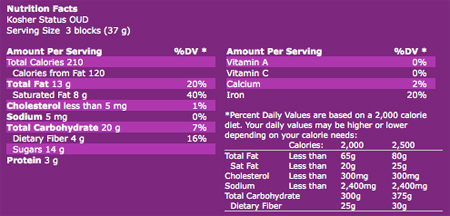
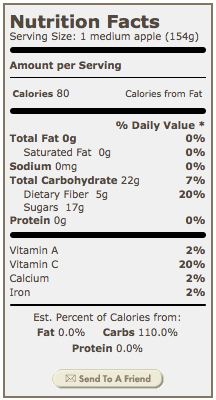

 Then I remembered that I live with one…
Then I remembered that I live with one…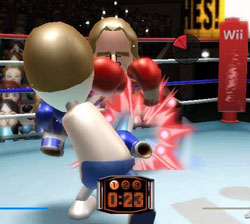 I’ve also been exercising with Wii Boxing. Despite the cartoony feel of my opponents, I have found that if I truly pretend that the guy wants to hit me, I get that adrenaline surge from the workout. Wii Boxing was the only section of Wii Sports that got my heart rate into the cardio zone, but I can keep boxing opponents for a twenty minute workout and by the time I’m done I’m sweating, breathing heavily and all wound up. It truly sets off my fight response.
I’ve also been exercising with Wii Boxing. Despite the cartoony feel of my opponents, I have found that if I truly pretend that the guy wants to hit me, I get that adrenaline surge from the workout. Wii Boxing was the only section of Wii Sports that got my heart rate into the cardio zone, but I can keep boxing opponents for a twenty minute workout and by the time I’m done I’m sweating, breathing heavily and all wound up. It truly sets off my fight response.
